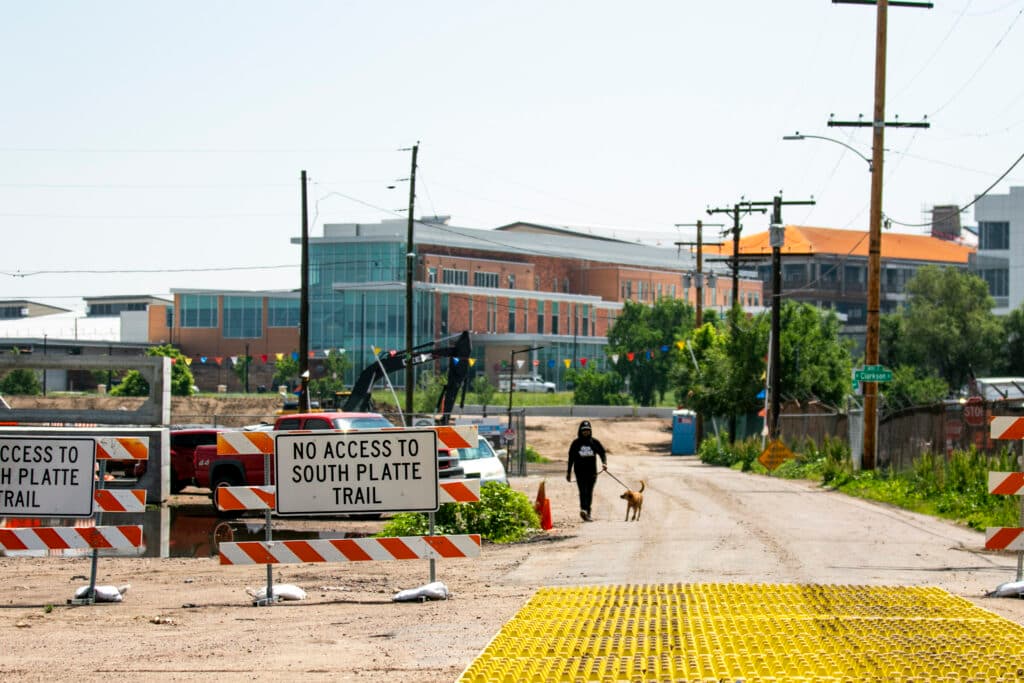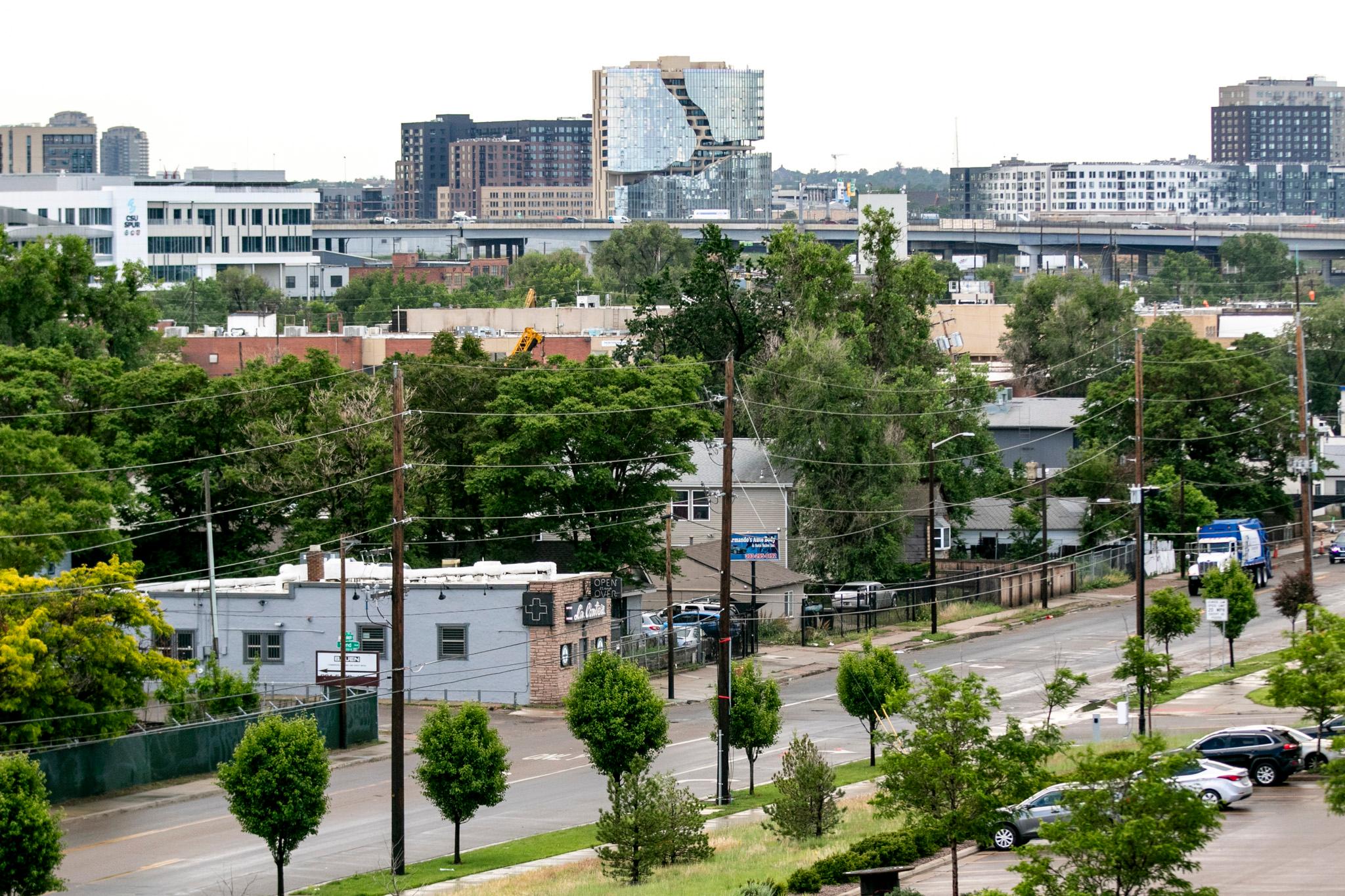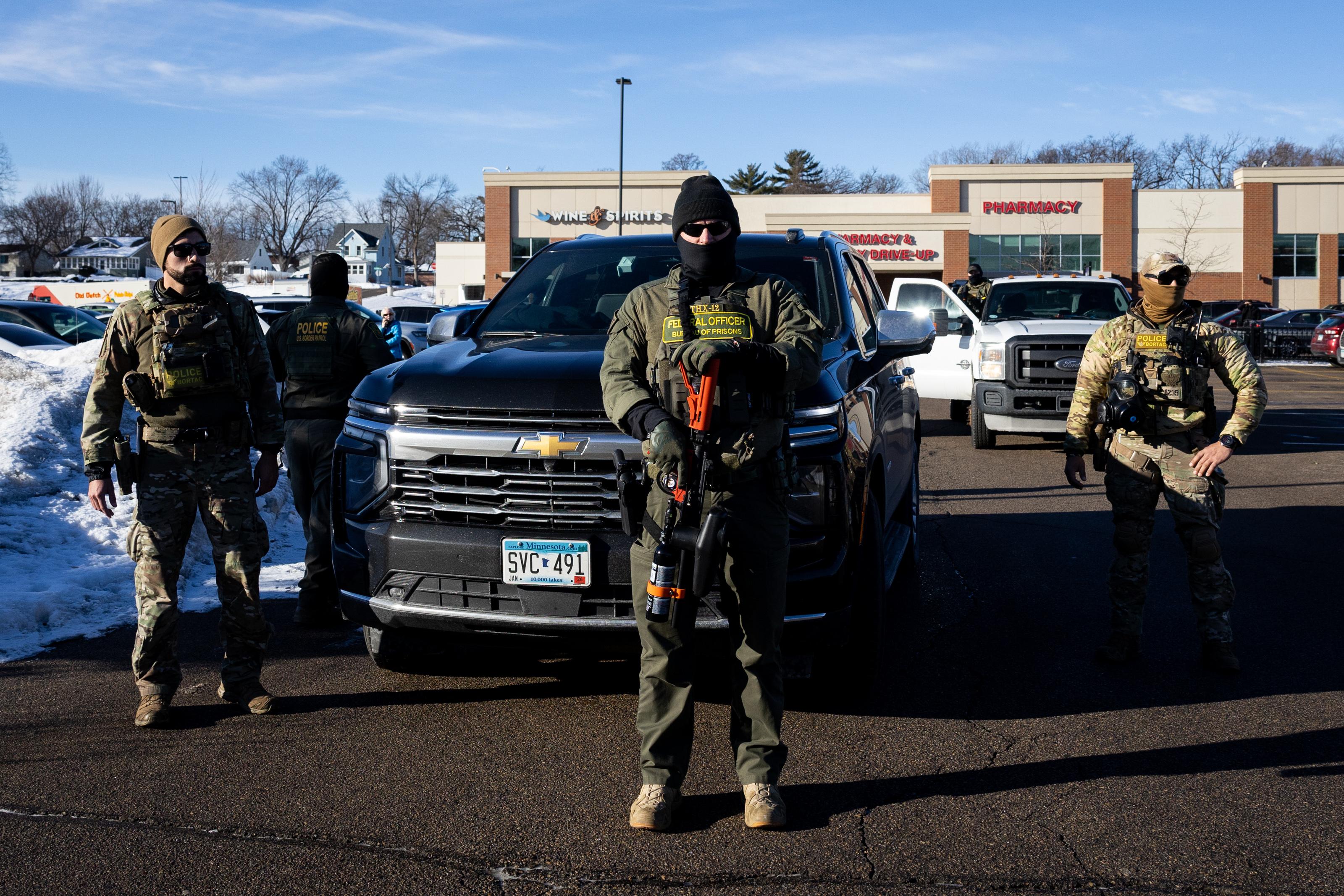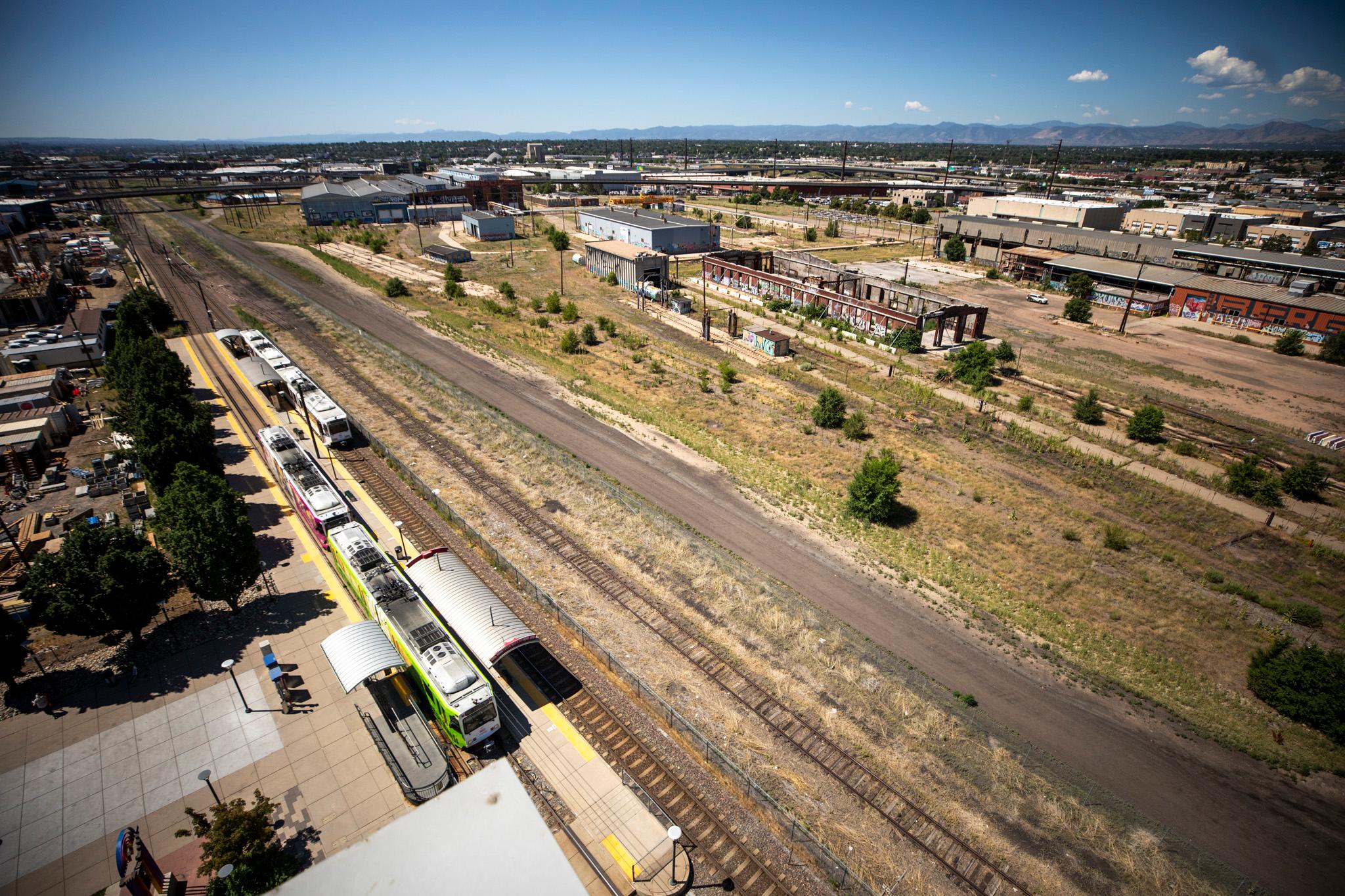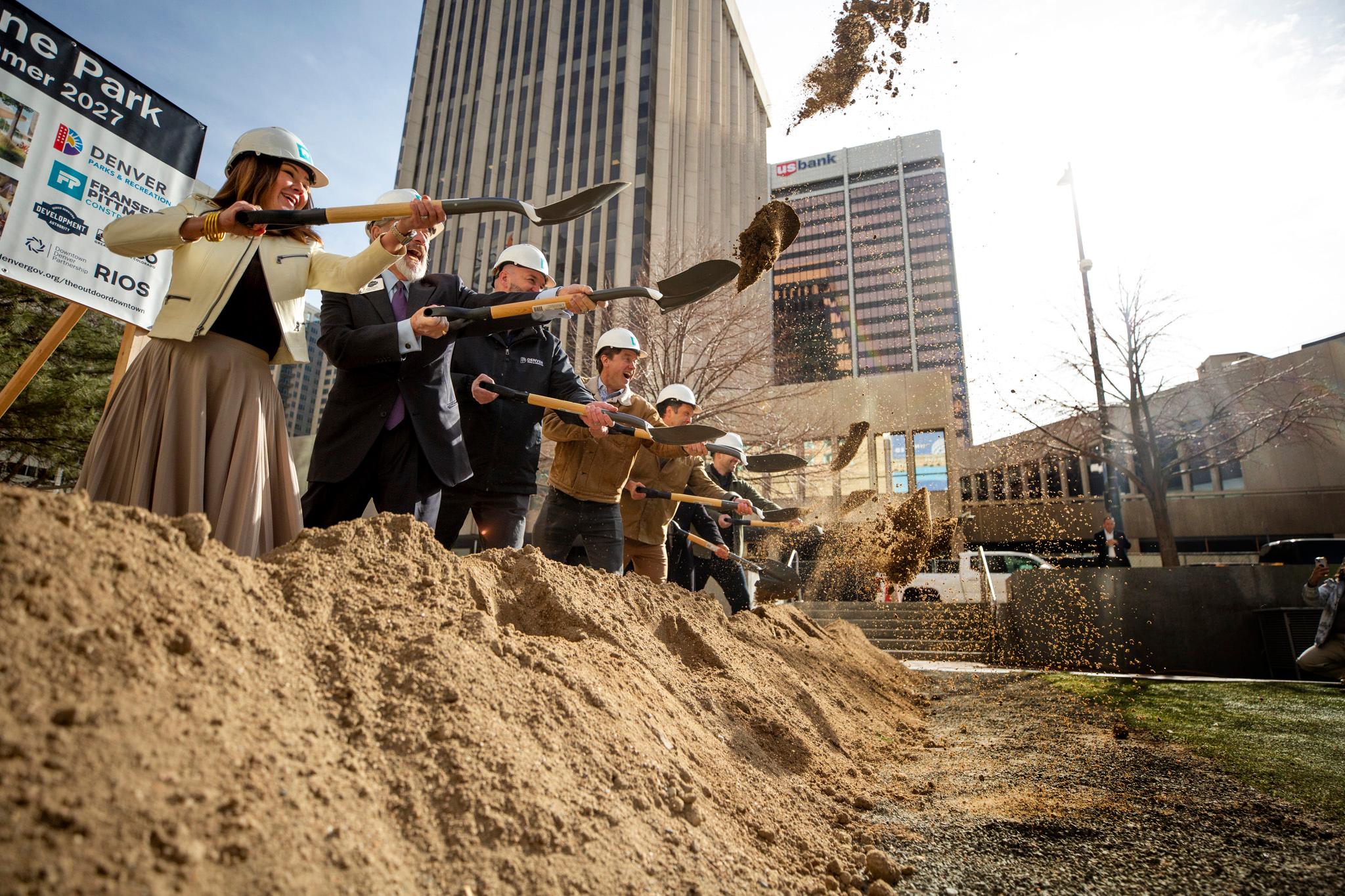In April, community members gathered in Elyria Swansea to declare that working-class people in Denver had a champion.
It was a celebration of a new partnership between the GES Coalition and el Centro de los Trabajadores, nonprofits that have worked separately in Globeville and Elyria Swansea (GES) to keep people housed and employed.
“Denver loves to romanticize its gritty roots,” said Candi CdeBaca, longtime neighborhood activist and former Denver City Council member, to the crowd. “But when the working class demands a seat at the table, they call us anti-growth. When we fight to stay in homes our families have held for generations, they call it nostalgia.”
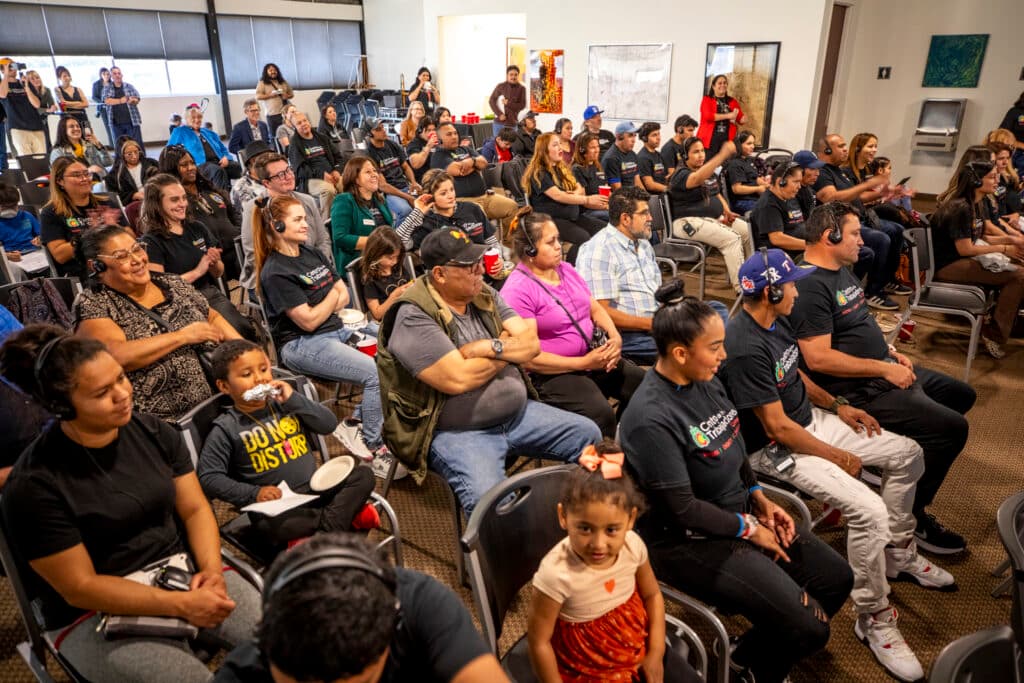
The meeting was a symbolic flag-planting in a time of enormous change for the neighborhoods, as the city of Denver spends over $1 billion on projects in the area.
The investment has already begun to transform the area, upgrading long-neglected infrastructure as major public projects come online.
But some don’t see the changes as all positive. They worry these developments mean the end of a blue-collar lifestyle that’s been central to the neighborhoods for over a century.
“Let me be clear, this is not nostalgia,” CdeBaca continued. “This is war. A war against displacement, against erasure, against a city that treats its workers like spare parts, useful and then discarded.”
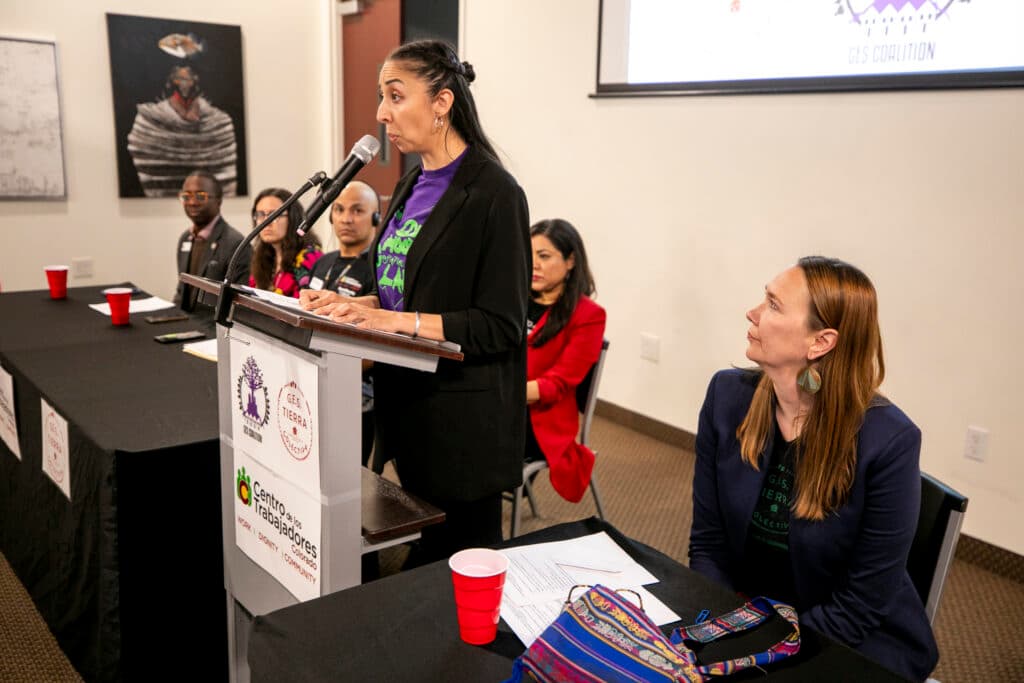
City leaders say they’re trying to make sure that Globeville and Elyria-Swansea aren’t erased, but community concerns are running high. Last month, advocates helped delay $800 million in funding for a revamp of the National Western Center, though it was ultimately approved.
These neighborhoods are set for major change The eternal question here is: Who it will be for?
There’s a lot happening in GES.
The National Western Center in Elyria Swansea is the main focus of the city government’s investment in the area. It’s the home of Denver’s annual stock show and the largest project unfolding in north Denver right now.
Officials hope it will become a year-round entertainment venue and tax engine for the city, and also keep the National Western Stock Show from leaving Colorado. So far, about $1.6 billion in tourism taxes have been allocated to the effort. There are still unfunded, unplanned phases ahead.
Beyond new event spaces, the National Western Center Master Plan calls for ground-level improvements nearby, like bridges across the South Platte River into Globeville. That work has already connected the enormous project to a separate, $30 million reconstruction of Washington Street that will begin this year.
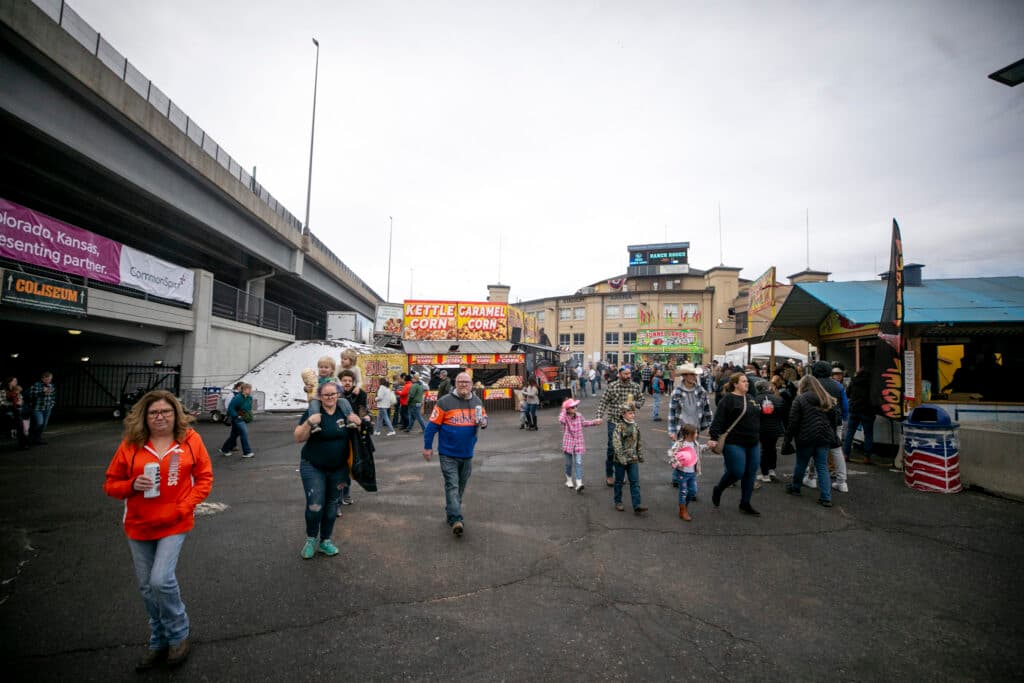
Planning documents for the Washington Street renewal say the project will turn Globeville’s main drag “into an attractive corridor” that “will greatly improve perceptions of the street and the neighborhood.” Better pedestrian infrastructure and green space, it says, should help to attract new commercial, residential, and mixed-use development.
The city also is upgrading South Platte River flood control systems through Globeville. And on the other side of Interstate 25, Globeville’s Fox Park redevelopment is turning a former Denver Post printing plant into a neighborhood complete with a concert venue and offices. Meanwhile, there are plans for housing and mixed-use developments throughout the GES neighborhoods.
People who live and work in the area have already had to make sacrifices.
All these projects follow years of construction on Interstate 70, a controversial plan that leveled 32 homes in Elyria Swansea to replace a crumbling viaduct over the neighborhood. Many people who lost homes had to leave Denver.
The city also turned to eminent domain for the National Western Center, forcibly acquiring homes and businesses on land that won’t be developed for years.
The city government is also using eminent domain on Washington Street to make room for a wider corridor. One target is the Denver Scrap Metal Recycle Center.
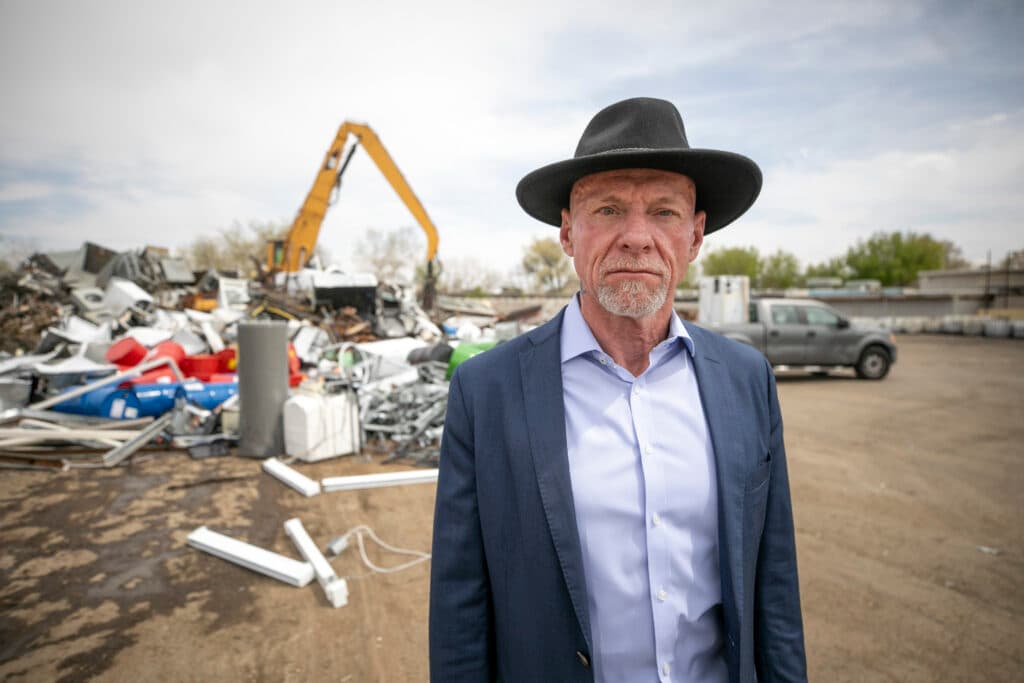
Owner George Medley is negotiating with the city over two separate projects. He said the city wants most of his parking lot on Washington Street for the widening project. The rear of his lot extends into the South Platte River, which he said the city wants to acquire for the flood improvement project.
“They want to buy the two most important pieces of square footage here,” he said. “They're just trying to buy it for pennies on the dollar and take advantage of us. ‘Take-it-or-leave-it’ sort of thing. And we're going to court.”
The Denver Department of Transportation and Infrastructure declined to comment, citing ongoing negotiations.
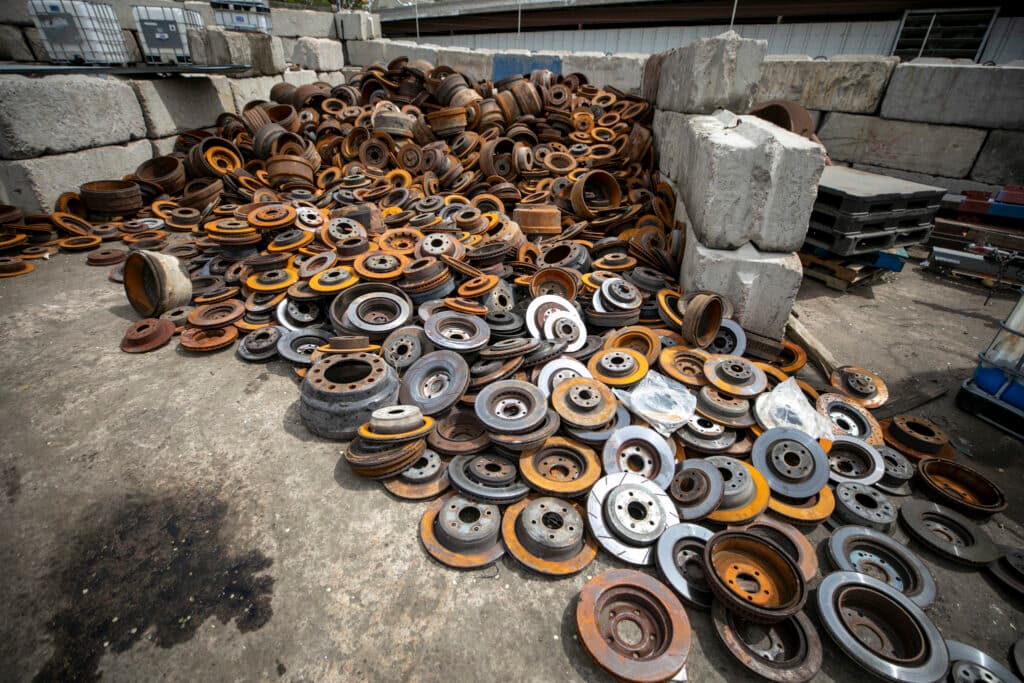
Medley, who lives mainly in Texas, wouldn’t lose his whole scrapyard. But he said this represents a longer-term threat to his existence here. He doesn’t have to look too far to see how fast things can change: Brighton Boulevard was once a rough industrial strip, but most of that legacy has been replaced with shiny new housing.
“It's going to look different,” he admitted. “And we want to be a piece of that puzzle. And we want to integrate, not be isolated and left out of it — and pushed out unfairly.”
It doesn’t help that Denver City Council recently voted to ban cash sales of scrap metal, which he said impacts both his business and the people who rely on money they make there. Medley, who runs a weekly food pantry out of his yard, said the pressures amount to a loss of economic power and resources for his clients and his business alike.
GES has the city's most affordable housing — but it increasingly feels out of reach.
Beyond direct impacts from construction, advocates like CdeBaca have long worried that improvements will make the neighborhoods too attractive — and therefore too expensive for working-class families.
A Denverite analysis of single-family-home sales showed Globeville and Elyria Swansea have consistently been among the city’s cheapest neighborhoods, though prices there have risen beyond what many single-earning households can typically afford.
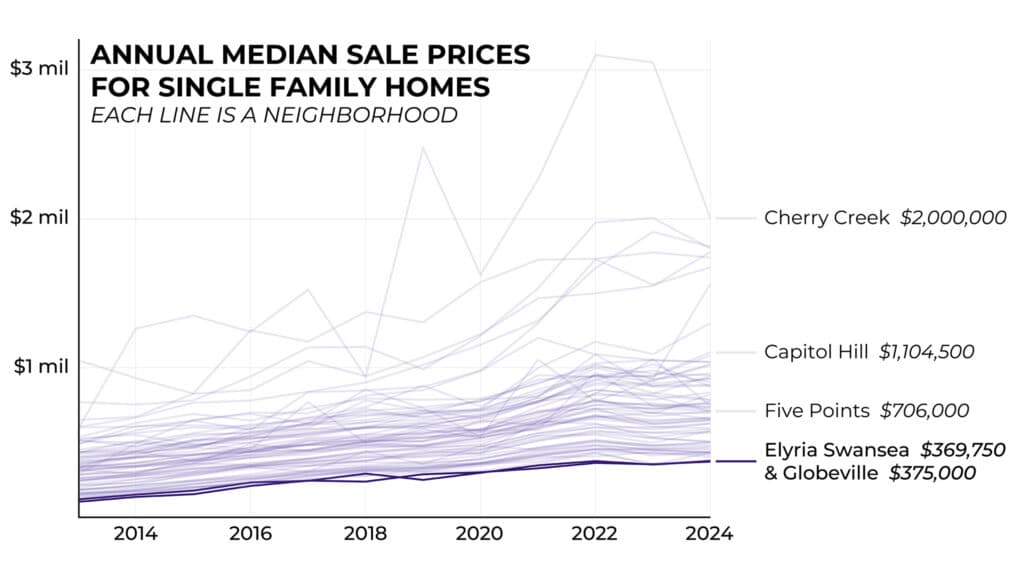
Median prices more than doubled between 2014 and 2024 — from $130,000 to $370,000 in Elyria Swansea and $150,000 to $375,000 in Globeville. The data suggest prices in GES grew at a faster rate than in most other neighborhoods.
That trend has cooled off more recently. The city’s latest tax assessment found homes lost value in most neighborhoods in the last two years; Globeville, in particular, was among those with the largest reductions.
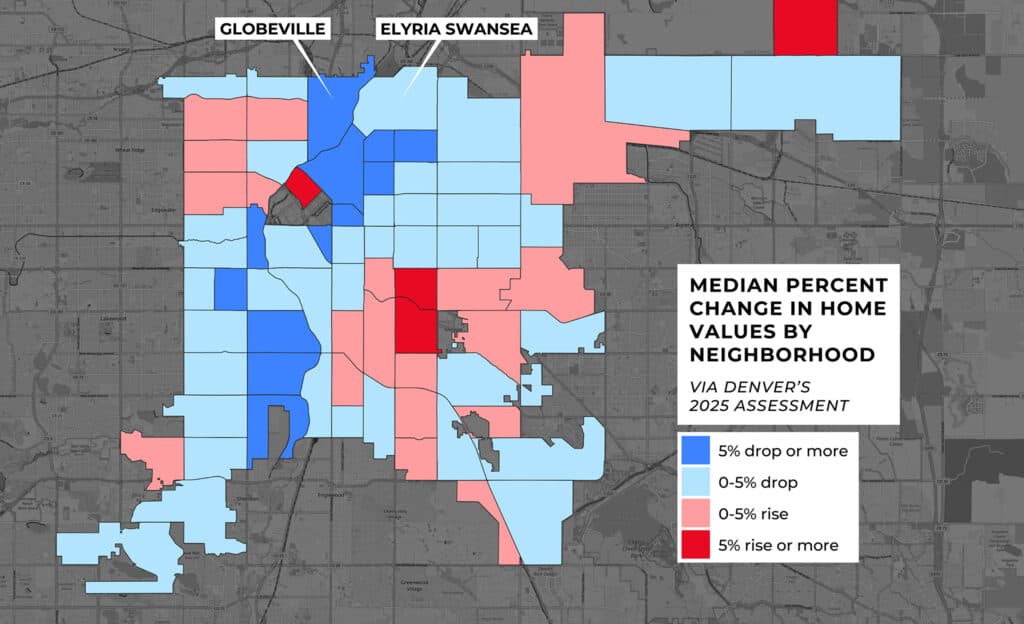
But a decade of rising costs is something Angela Garcia, who’s lived in Globeville since the 1960s, said she’s felt personally.
“Right now, we struggle to pay our rent — and our mortgage, and our property tax. It's just going to get worse and they don't think twice about it,” she told us.
It’s more difficult to swallow, she said, because the investments transforming her neighborhood feel like they’re for someone else. In particular, she was thinking about a future equestrian center planned for the National Western Center.
“You can go up on York Street and you'll see trailers. Those people that are living there — they don't have heat, they don't have AC. They live in a food desert,” she said. “You prioritize horses over people and that's disgusting. And it's unjust.”
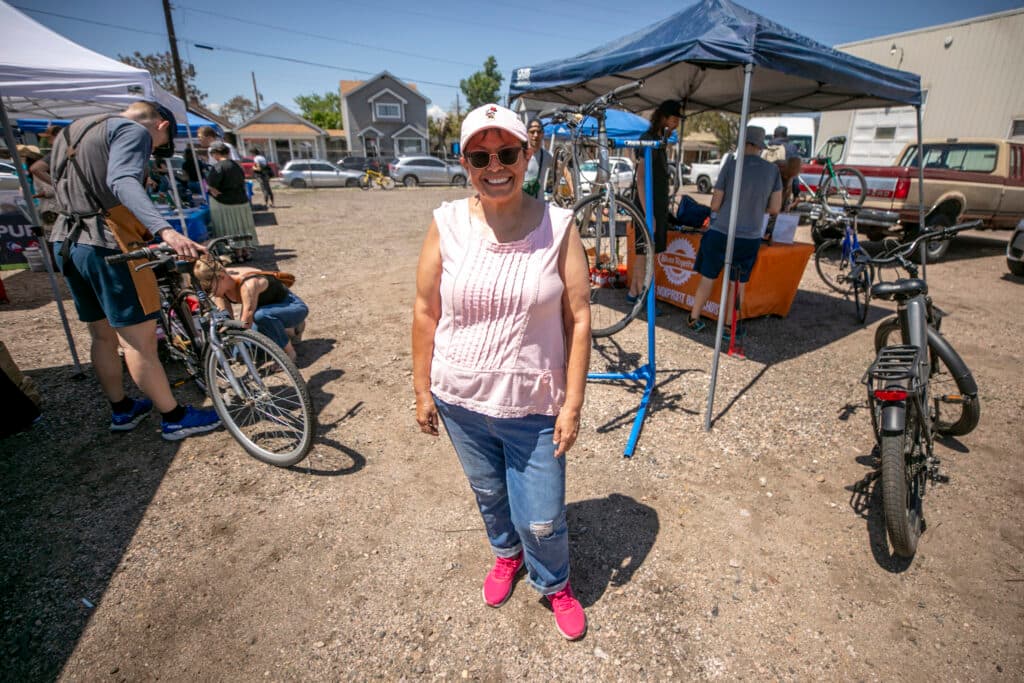
City leaders have consistently said they’re committed to ensuring people who live in GES today will get to reap the benefits of all this construction. Each project includes public outreach, and the National Western Center revamp includes a cash fund for the community (although that’s a point of contention, too).
Big picture, Mayor Johnston is betting sales taxes from big investments like the National Western Center, the new soccer stadium and 16th Street will boost the city’s economy and help its budget.
Neighborhood groups are hustling to get ahead of further disruption.
Some people who live and work in GES say the neighborhoods have passed a point of no return.
Mike Watters, who’s spent decades working in yards and construction sites in the area — including on the National Western Center — said he’s been watching a long exodus of industrial operations and blue-collar jobs.
“They're squeezing out the working guy. The whole thing's been crap,” he said over eggs at the Butcher Block Cafe’s Washington Street location. “There used to be a big company back over here, it was called Marshall Pipe. Five buildings full of machinery, sent it all to the scrap yard, wiped them out. What didn't go to the scrap yard went to Canada.”
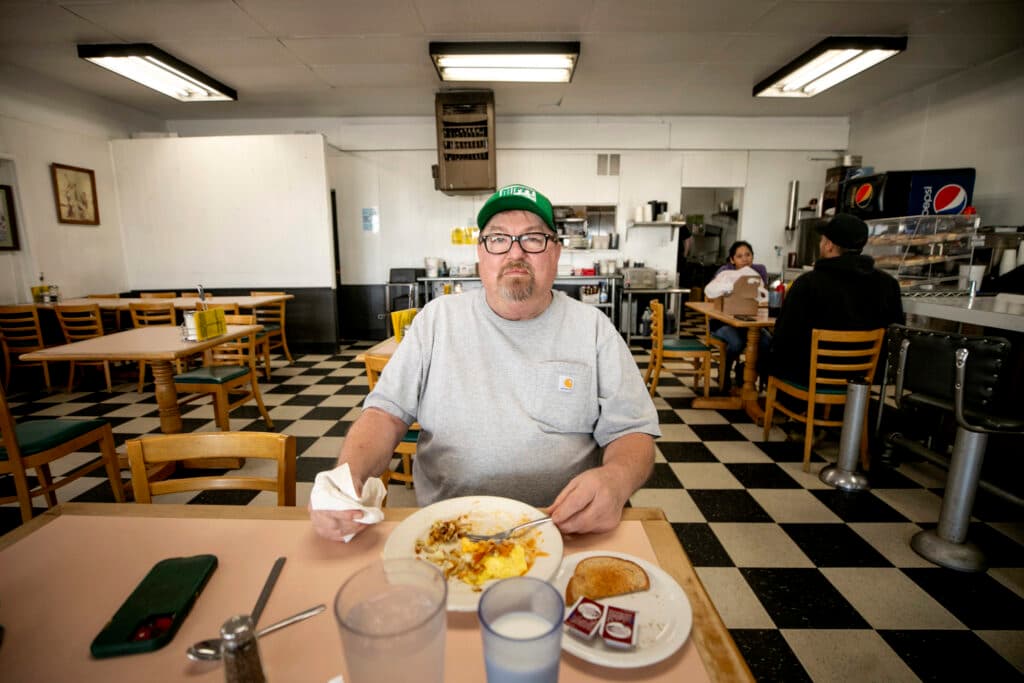
But local advocates say there’s time to ensure workers still belong here.
During the meeting in April where CdeBaca declared “war,” Nola Miguel, director of the GES Coalition, said that now is the time to act. The neighborhoods are changing quickly, and the economic moment is increasingly uncertain.
“Stability, dignity in housing, in work — these are things that are part of life that everyone should have access to,” she told the crowd. “We should love our jobs. We should love our communities. And when we're doing housing and workforce together, that's building community on a whole new level.”
GES Coalition and El Centro de los Trabajadore want to build a workforce center in GES, an extension of the incremental work that both nonprofits have been doing for years.
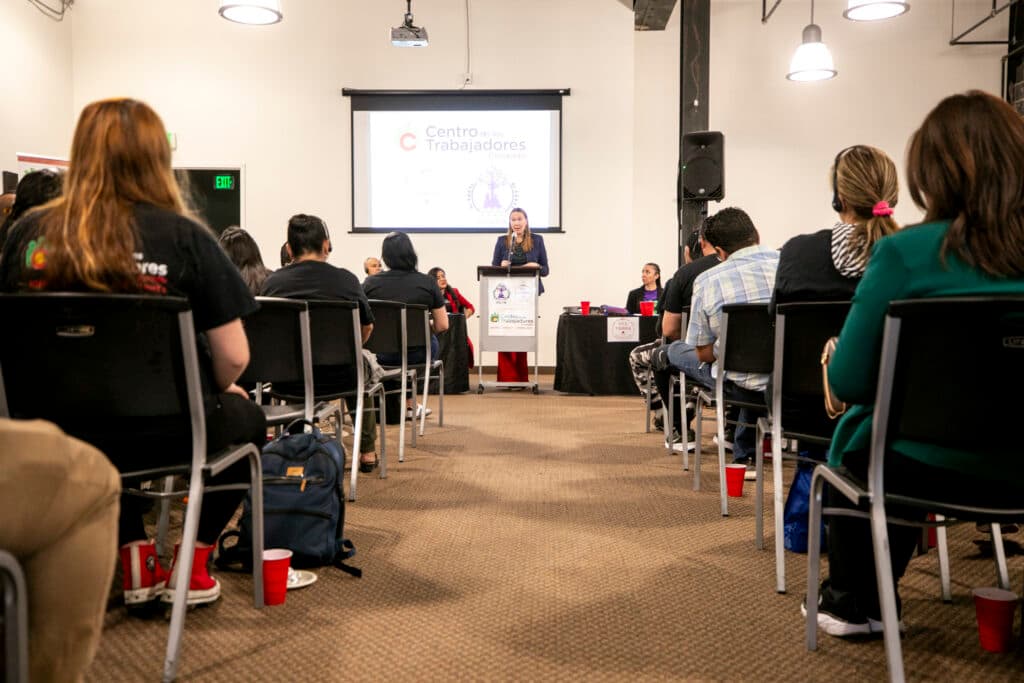
In 2017, for example, the GES Coalition launched the Tierra Colectiva Community Land Trust, a project to buy and build homes here and ensure they remain affordable for residents. Miguel said the trust has acquired about 100 units in the years since, and she expects it can hit 600 in the next five.
Eventually, they’ll lobby for their planned workforce hub to be part of the National Western Center’s last undeveloped parcel, known as the “Triangle.”
Mike Bouchard, director of Denver's Office of the National Western Center, said he and other officials have been holding regular meetings with 14 GES residents to shape the future of that land.
“It really, from my view, represents the investment of time, relationship building necessary to have these meaningful conversations with community members about what hasn't worked in the past and giving the space and time to hear their experiences about some of these previous planning efforts, how it's impacted the neighborhood,” he said. “We've heard clearly that affordability and keeping folks in their homes are some of the really important elements to neighbors.”
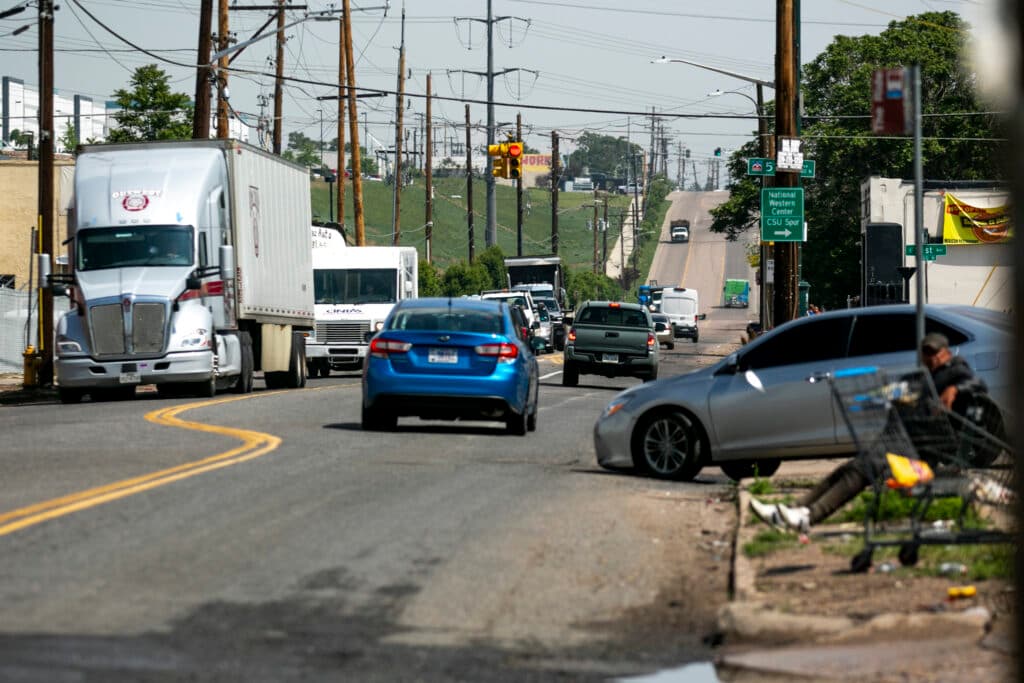
Miguel and other community leaders have long advocated for community ownership of the Triangle, which she’s suggested could be a route to “reparations” for everything the community has already ceded to progress.
She’s been doing her best to be a partner with the city. But after a decade wrestling with the impacts of major changes in GES, she’s said the community cannot only rely on government to save them from the effects of public investment.
“We're not waiting for it, because we need this now. So we're moving forward together now. We're not waiting for anyone else to say it's time,” Miguel said. “We're going to figure it out and we're going to do it ourselves.”
